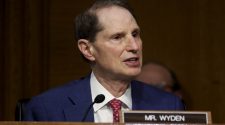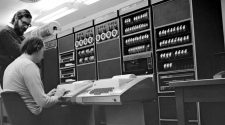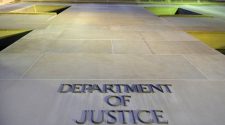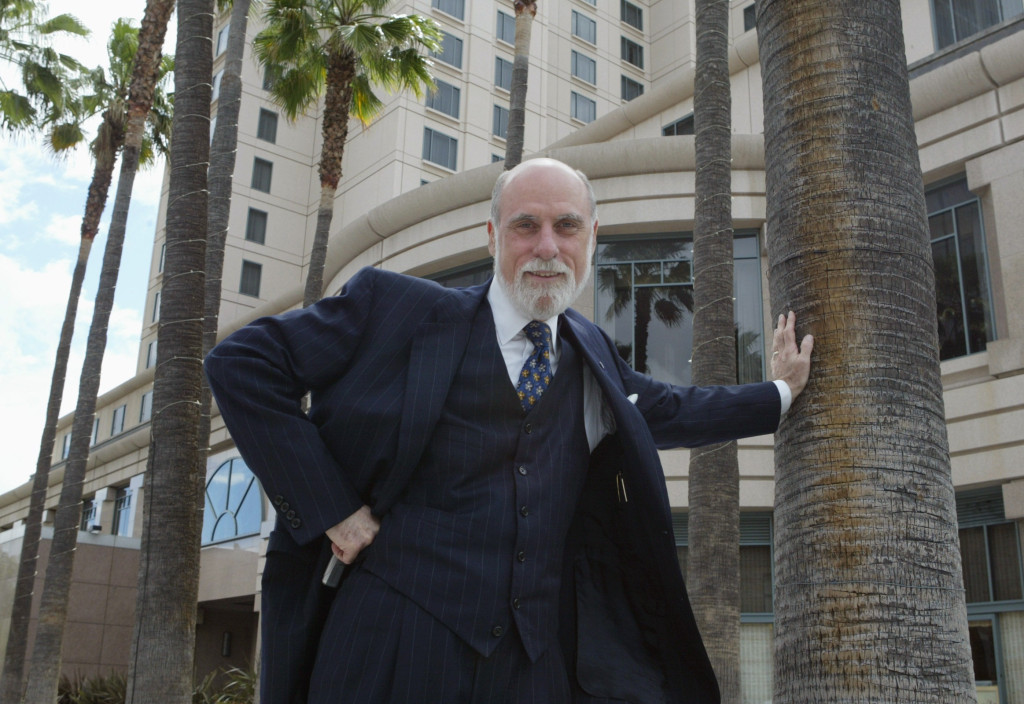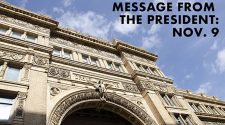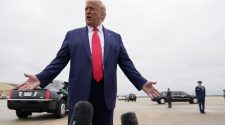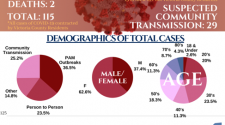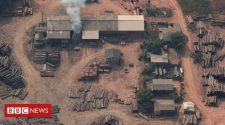EDITOR’S NOTE: As the internet becomes our economic, educational and social window to the world, six innovators that built this critical technology give their thoughts on our post-pandemic future. These visionaries are part of the Marconi Society, a foundation that inspires and connects those creating new technology for a digitally inclusive world.
As we wrap our heads around the new normal of sheltering in place and trying to care for those in our communities that are truly devastated by COVID-19, the technologies that connect us – from the internet to wireless to GPS – are now the first line of contact and defense for nearly everything we do.
We are in a perfect storm of necessity, technology and mindset.
Necessity has been thrust upon us. We now have the technology to go virtual relatively quickly and to collect and manage data that shows trends and helps us make decisions – from Stanford University flipping virtual in two days to the role of artificial intelligence in identifying and projecting the pandemic. Most importantly, because of heightened awareness around the threat of climate change and nuclear war, we hopefully now have the mindset to make permanent changes in our behavior around energy use, global collaboration for large problems and serious planning for the next pandemic.
2020 will go down in history as a time when the rules changed and our lack of preparedness led to massive economic side-effects while overwhelming our health care system.
Shutting down the economy has extremely disparate impact on various parts of the U.S. population, with those in the lower economic strata far less able to weather the effects. For people who can work at home, the effects may be disruptive but not necessarily dire. For many others, this is not the case.
Information and communications technologies have created a remarkable ability to connect, inform, work remotely and innovate. While these capabilities benefit the world in a wide range of ways, their benefits are not distributed equally. For those with little or no access to the internet, working at home (or schooling at home) is much harder or impossible. There is also much work that simply cannot be accomplished online and we must protect the health and economic condition of people in those fields.
Access to scientific and medical information in times of crisis is critical. The potential for misinformation and disinformation to pollute public thinking is equally of great concern. Helping people find good quality advice and accurate information must be high on everyone’s agenda. We must work together to weed out misrepresentation by not spreading rumor, unconfirmed guesses and deliberate disinformation. Critical thinking is called for by all parties.
While I am reasonably confident that we will survive this crisis, I hope we will take into account how important preparation and foresight will be moving forward to protect against future pandemics. There is no question in my mind that another will come and we must be more ready for the next than we have been for this one.
Building the connected world that we all rely on requires vision, tenacity, humility and unwavering optimism.
Vinton Cerf, Marconi Society chair, is noted for technical contributions and leadership in creating and evolving the internet.



